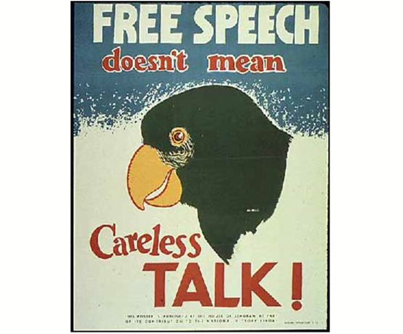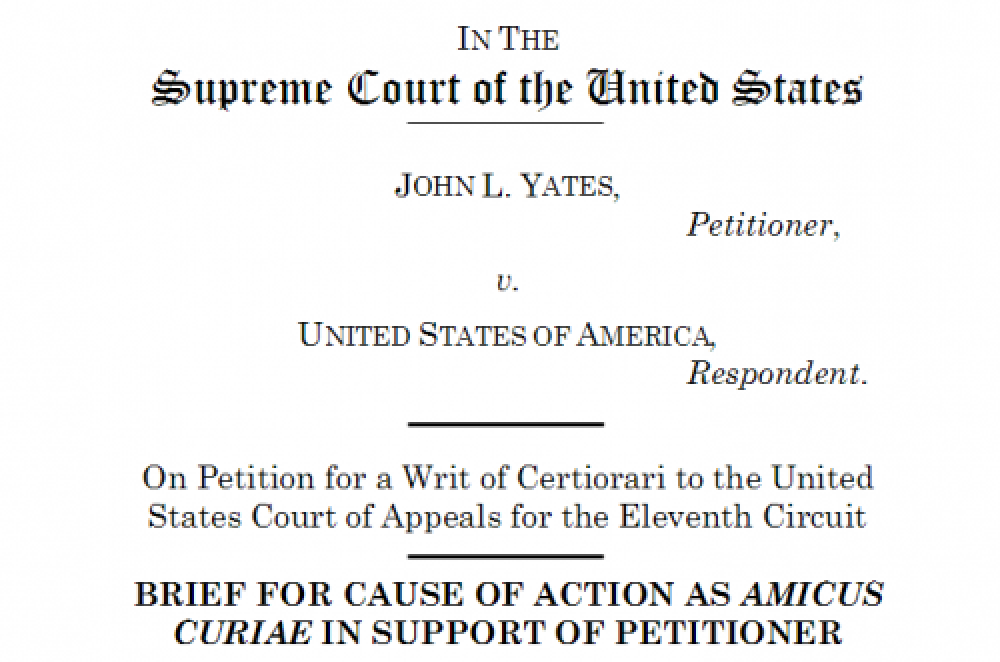During the Great War there was much unrest and controversy over the draft and whether it was justified. Charles Schenck and Elizabeth Baer distributed pamphlets condemning the use of the draft and stating it violated the thirteenth amendment, which bans involuntary servitude. Schenck was found to be violating the Espionage Act of 1917 in his obstruction of military recruitment. This case led to the scrutiny of the Espionage Act's constitutionality. The complaint against the act was based upon the accusation that it violated the first amendment. Supreme Court justice Oliver Wendell Holmes ruled that the Espionage Act did not violate the Constitution as it is necessary in the face of the dangers of war.


 |
| The Yates vs. United States case protected all forms of radical speech unless they posed a clear and present danger. The situation in which someone's speech would pose a threat is similar to what Schenck was doing and what other violators of the Espionage Act did. |
Comments
Post a Comment